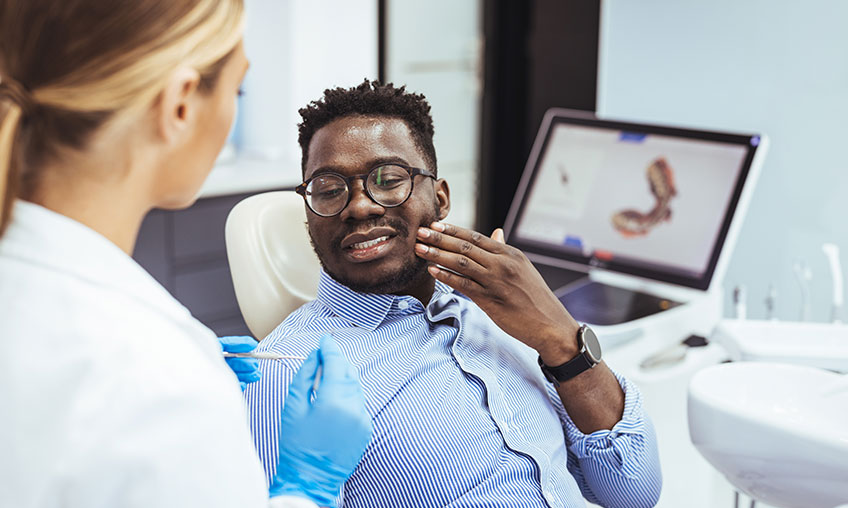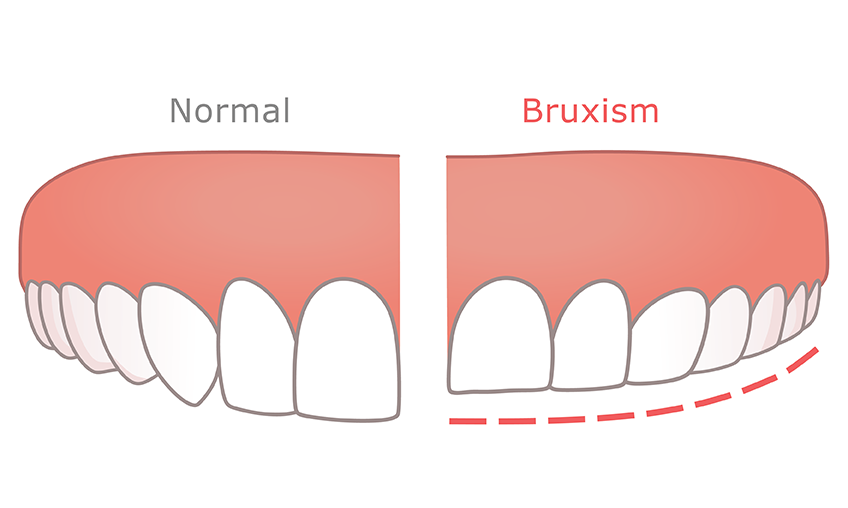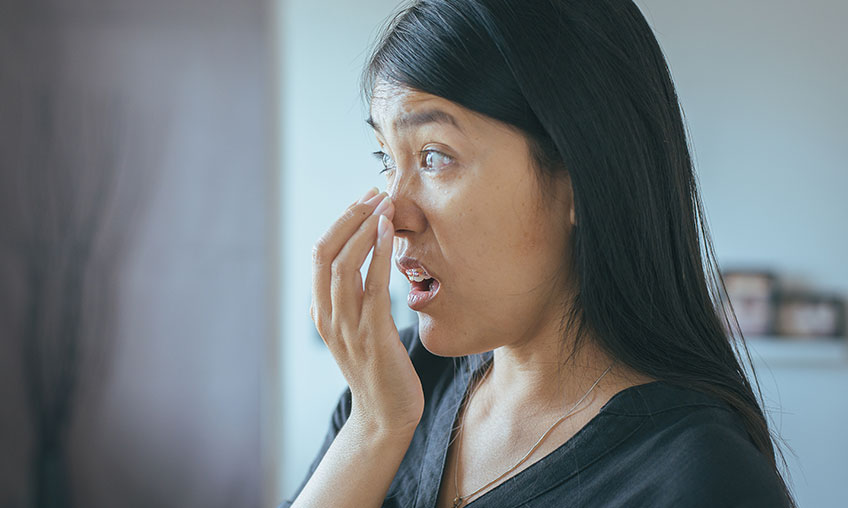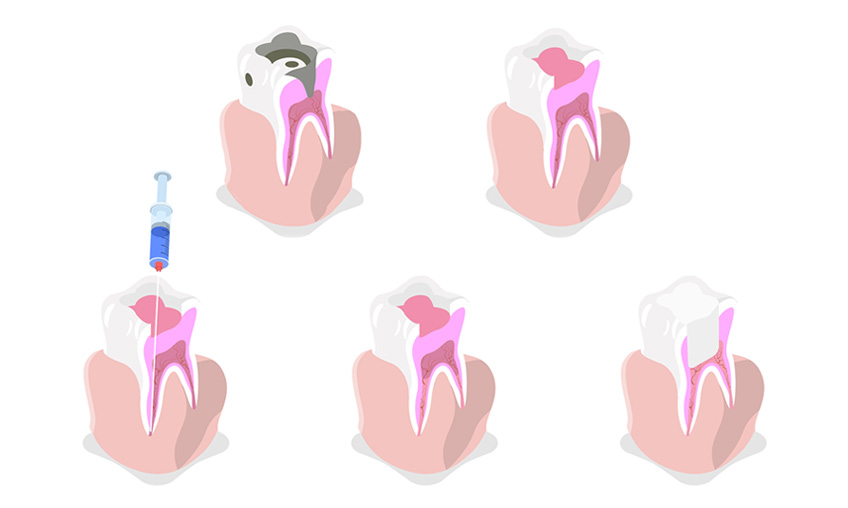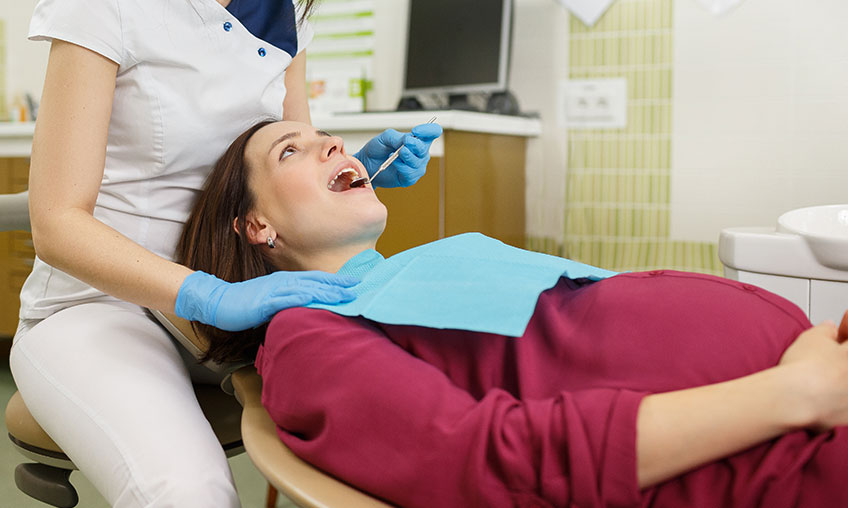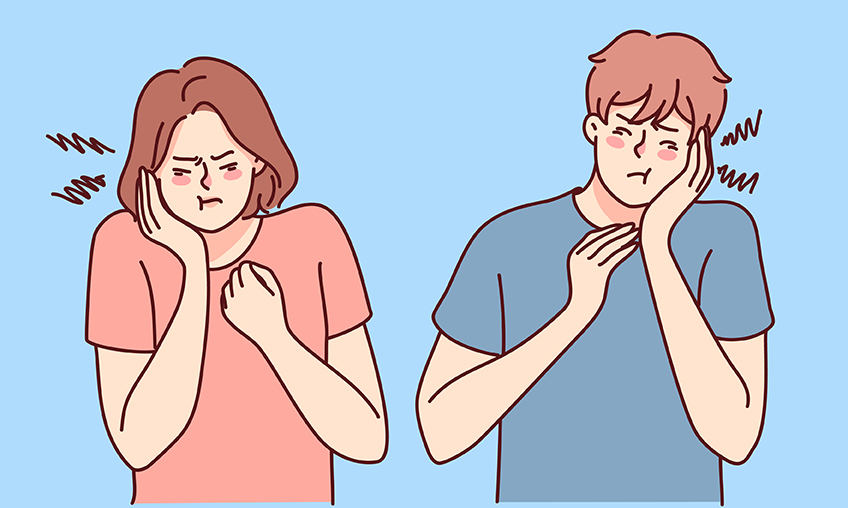
By Jay Maillet, DMD, MPH
Oral cancer can hurt the lips, gums, on or under the tongue, the inner lining of the cheeks, roof of the mouth, sinuses and throat, according to the Mayo Clinic. People at any age can have oral cancer, but it mostly happens in those over the age of 55. Men have twice the risk than women.
Signs of oral cancer include:
- A sore on the lip or in the mouth that won’t heal
- A lump on lip or in the mouth or throat
- A white or red patch on any area of the mouth
- Unusual bleeding, pain, or numbness in the mouth
- A sore throat that won’t go away
- The feeling that something is caught in the throat
- Pain with chewing or swallowing, or having a hard time chewing or swallowing
- Swelling of the jaw
- A change in your voice
- Ear pain
Oral Cancer Screening and Prevention
Two of the best ways to protect yourself against oral cancer are to avoid tobacco of all kinds and limit how much alcohol you drink, according to the American Cancer Society. The organization also recommends regular dental check-ups that include an exam of the entire mouth.
Your dentist can screen you during any regular check-up. A screening for oral cancer is painless and quick. If you have full or partial dentures, you will need to take them out. Then the dentist will:
- Inspect your face, neck, lips, and mouth to look for visible signs of oral cancer
- Feel the area under your jaw and the sides of your neck with both hands to check for lumps
- Inspect the insides of your lips and cheeks
- Ask you to stick out your tongue, and then check for swelling, color and texture
- Look under your tongue
- Inspect your throat and the roof of your mouth
Surviving oral cancer is easier when it’s found and treated early. So keep up regular dental check-ups and visits to your primary care physician, as the U.S. Centers for Disease Control and Prevention (CDC) advises. Like the American Cancer Society, the CDC also recommends limiting alcohol and tobacco. And because many oral cancers can come from HPV (human papillomavirus), the CDC also recommends asking your physician about the vaccine for HPV to prevent new infection.
DentaQuest is dedicated to improving the oral health – and overall health – of all. Members can click here to connect with a dentist for a check-up, including an oral cancer screening.
Dr. Maillet serves as DentaQuest’s dental director for Massachusetts, New Hampshire, and New York. He earned his DMD degree from Tufts University School of Dental Medicine and then went on to practice in both private practice and public health settings across New England. In addition to his clinical credentials, Dr. Maillet has also earned a Master’s of Public Health with a concentration in epidemiology from Harvard’s T.H. Chan School of Public Health.

PREVENTISTRY PULSE
The newsletter designed for anyone who wants to improve oral health for themselves, their families, customers or communities.

